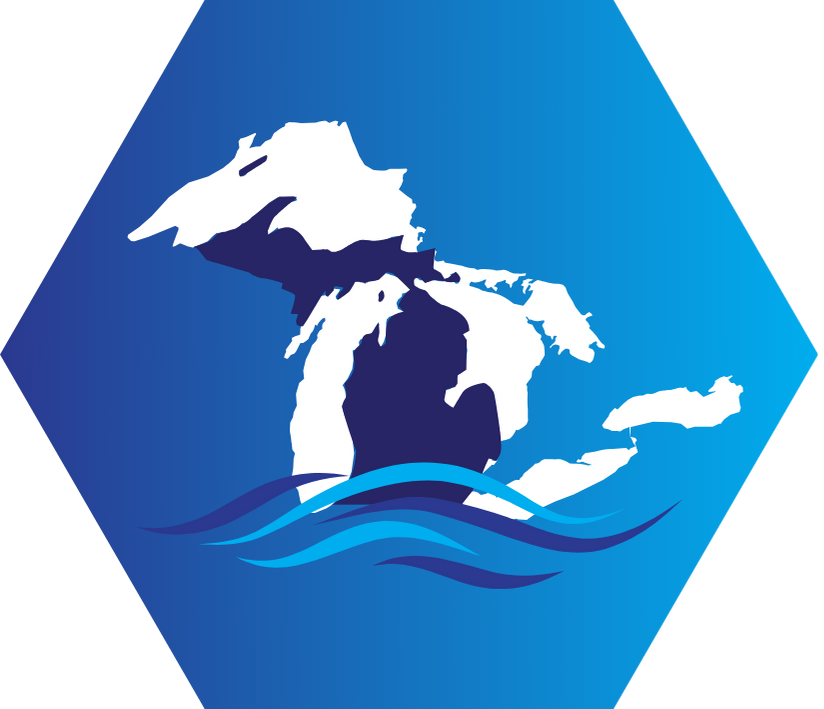MiGreatDataLake
We are very excited to share a consolidation of services grant opportunity around student data and new technologies that will provide a direct lens into the whole child for our educators and teachers. We are calling this initiative MiGreatDataLake. This is an extension of the MiDataExchange work we started six years ago. MiDataExchange is the data system that uses our MiRead and MiEWIMS systems to populate data from the student information systems. This project will give us the resources and expertise to modernize and greatly improve those systems and to build others together.
The Consolidation of Services grant award is for $13.5m. Copper Country ISD is the fiscal sponsor.
What is a Data Lake?
A data lake is a centralized repository that allows organizations to store vast amounts of raw, unstructured, and structured data in its native format until needed. Unlike traditional databases, which are often designed with specific schema requirements, a data lake is more flexible. It can handle diverse types of data, such as text, images, videos, and more.
A data lake with integrated natural language processing offers a powerful solution for improving educational outcomes by making data more accessible and actionable for educators, parents, students, and the community. This architecture promotes more informed decision-making and enhances overall engagement and support in the educational environment.
In an educational context, a student data lake can be immensely beneficial for enhancing educational outcomes and operational efficiency. Expand the options below to learn why.
Centralized Student Data
A student data lake can integrate data from multiple sources, including academic records, behavioral data, attendance, assessments, and more. This provides a holistic view of student performance and needs.
Natural Language Queries for Educators
Educators can use natural language processing (NLP) tools to interact with the data lake. For example, a teacher could ask, “Which students need additional help with math?” and receive actionable insights based on the data. This can help educators quickly access relevant information and make data-driven decisions without needing advanced technical skills.
Enhanced Reporting and Insights
The ability to query data in natural language simplifies generating reports and insights. Educators can explore trends, identify issues, and track progress with ease.
Community, Parents, and Student Engagement
Natural language interfaces can empower parents, students, and community members to interact with the data lake. Parents might inquire about their child's performance or upcoming events, while students could check their grades or seek feedback on their progress. This transparency fosters greater engagement and communication between schools and stakeholders.
Tailored Support and Resources
By analyzing data from various sources, schools can tailor support and resources to individual student needs, identifying areas where additional interventions or resources might be required.
Efficiency and Accessibility
Natural language queries make data more accessible to non-technical users, enabling more people within the educational ecosystem to leverage data insights without needing specialized training.
MiGreatDataLake Advisory
The purpose of the MiGreatDataLake Advisory is to bring together stakeholders from across the state to ensure diverse representation, reflecting the varied geography, use cases, and perspectives within the educational community.
MiGreatDataLake
Stay Up to Date
Subscribe to receive newsletters and project updates.


